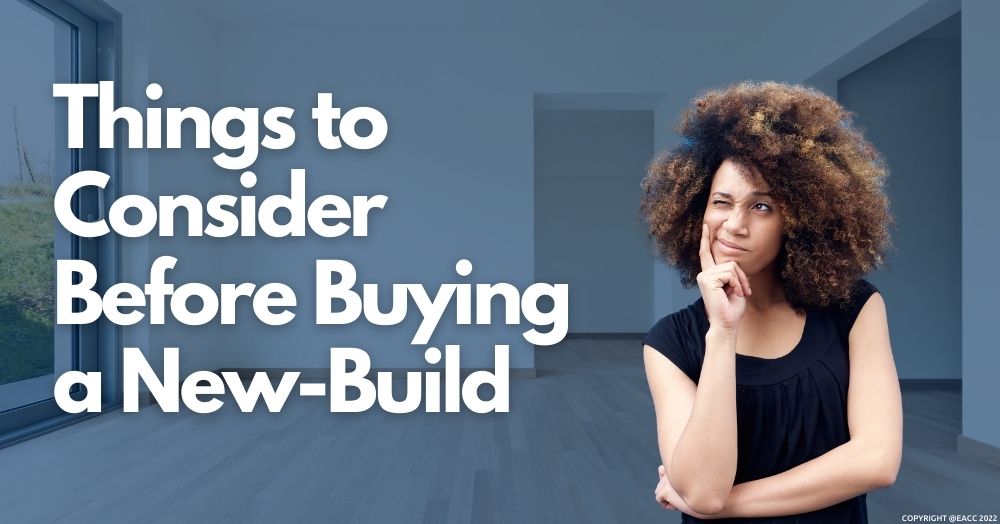Things to Consider Before Buying a New-Build in SE18/SE28
In this two-minute read, we explore the pitfalls of buying a new-build property.
So, you’re thinking about buying a new-build. You’ve fallen in love with the area and the idea of a brand-new home, but is it worth the money? Read on for some common disadvantages of new-build properties.
- Premium price
When you buy new, you’re paying for perfection. New homes are often more expensive than older properties as developers factor in the cost of warranties, tech, and modern living.
- Delays and disruption
Buying a new home may mean buying a property that hasn’t been built yet. So, not only do you have to use your imagination, but you also have to put your trust into the developer to deliver what (and when) they say they will.
Also, if buying in a new development, be prepared for ongoing work after you move in as it may be a while before the rest of the site is completed.
- Size matters
New homes tend to be smaller than older properties. Developers try to fit as many properties as they can onto a site to maximise profit. They may also be legally obliged to provide social housing on a site, so space is at a premium. This could mean smaller rooms and less outside space.
- Mortgage problems
You know what they say – when you buy a new car, as soon as your drive off the forecourt, its value nose dives. Well, the same can apply to new-builds. Lenders often require higher deposits for new-builds as they are concerned about loss of value over time, and they also know you’re paying a premium in the first place. You may also need to adhere to a strict exchange deadline set by the developers which can be difficult for lenders to meet.
Additionally, mortgage offers normally last for six months, so if a new-build is delayed you may have to start the application process again.
- Pr0blems after moving in
Once you move in, you may come across poor quality building work or snagging issues that you weren’t expecting. A good way to overcome this is to arrange a snagging survey. While this increases your initial costs, it also means you can get things sorted with the developer prior to moving in.
To discuss your new-build needs, speak to us at Hi Residential.





